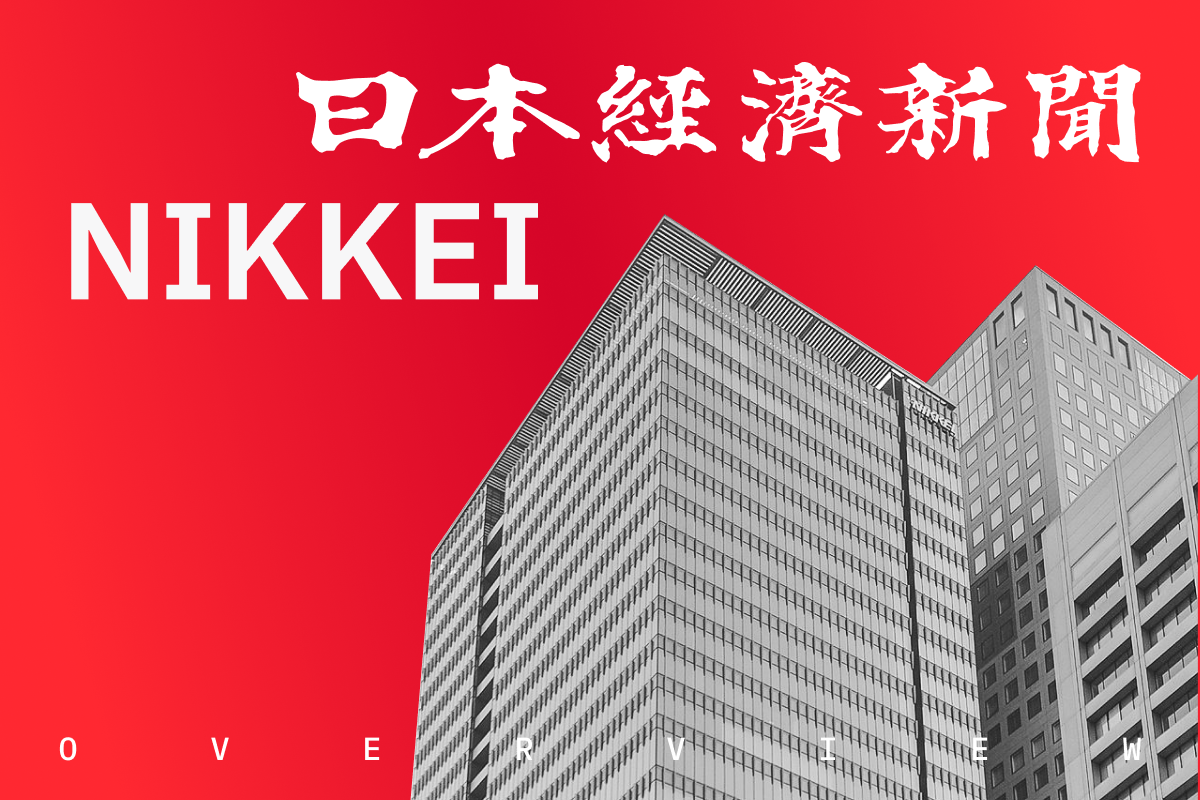Trading Signals 05/02 – 09/02
Understanding the Nikkei 225: Japan’s Leading Stock Market Index

The Nikkei 225, colloquially known as the Nikkei, is a premier stock market index for the Tokyo Stock Exchange (TSE). It’s the Japanese equivalent of the Dow Jones Industrial Average in the United States, and it’s a barometer for the Japanese economy, much like how Wall Street watches the Dow. The Nikkei is a price-weighted index, meaning it’s calculated based on the stock prices of the included companies, rather than their total market capitalization. This method is akin to how the Dow Jones is calculated, and it’s a bit of a departure from many other global indices.
Historical Background and Composition
The Nikkei 225 got its start back in 1950, and it’s been calculated daily by the Nihon Keizai Shimbun (The Nikkei) newspaper ever since. The index is a who’s who of corporate Japan, featuring 225 blue-chip companies that span a wide array of industries. From automakers like Toyota and Honda to tech giants like Sony and Canon, the Nikkei is a comprehensive snapshot of Japan’s corporate landscape. It’s worth noting that the index is denominated in Japanese yen (JP¥), and its components are reviewed annually to ensure it remains representative of Japan’s dynamic economy.
The Nikkei and Japan’s Economic History
The Nikkei has a storied history that mirrors the economic trajectory of Japan itself. It was established in the aftermath of World War II, during a time of intense rebuilding and industrialization. The index hit its all-time high on December 29, 1989, at the peak of the Japanese asset price bubble, a period often referred to as the “bubble economy”. However, the bubble burst in the early 1990s, leading to a period of economic stagnation known as the “Lost Decade”. The Nikkei, like the broader Japanese economy, has been on a long road to recovery ever since.
Current Performance and Market Volatility
In 2023, investors may want to pay attention to 10 standout stocks in the Nikkei 225 index, which includes 225 leading companies in the Japanese stock market.
- Yamaha Motor (7272): Yamaha Motor, a leading company specializing in the production of electric land vehicles, marine equipment, and robotic products, has assets worth 2,240 billion yen, an increase of 11.6 billion yen from the previous year. The company offers stable dividends and a share buyback program, making it a promising investment in 2023.
Target price: 3 493.33 yen
- Advantest (6857): Advantest is a company that manufactures and sells products for testing components and semiconductors, as well as mechatronics-related products. With a turnover of around 545 billion yen and a net profit of 130 billion yen, Advantest offers generous dividends and promises steady growth, making it a reliable investment for the future.
Target price: 11 038.46 yen
- Shin-Etsu Chemical (4063): Shin-Etsu Chemical is engaged in the production and sale of industrial chemicals. With a turnover of 2,792 billion yen, Shin-Etsu Chemical has developed new technological processes that can be applied to the production of LED screens. This, along with its steady growth, makes its shares an attractive option for investors in the coming years.
Target price: 22 483.13 yen
- Kuraray (3405): Kuraray is a leading global manufacturer and seller of synthetic resins and chemical fibers. With a market capitalization of 47 billion yen and interesting dividends, Kuraray’s shares present an attractive investment opportunity. The company has experienced significant growth thanks to investments in chemical production and resin manufacturing.
Target price: 1 245.00 yen
- Yokohama Rubber (5101): Yokohama Rubber is a global leader in the production of rubber products such as tires, rubber products, and adhesives. With a market capitalization of 409 billion yen, Yokohama Rubber promises steady growth and attractive dividends, making its shares a profitable future investment.
Target price: 2 471.67 yen
- Bandai Namco (7832): Bandai Namco specializes in the development and marketing of entertainment products and services. With a turnover of 972 billion yen and a net profit of 100 billion yen, Bandai Namco’s shares promise long-term profit, making it a promising investment.
Target price: 10 513.33 yen
- Mitsubishi Corporation (8058): Mitsubishi Corporation is a diversified group operating in various business sectors, including food production and consumer goods, which account for 29.9% of its turnover. With a turnover of 20,602 billion yen and a net operating profit of over 1,127 billion yen, Mitsubishi Corporation’s shares present a reliable investment opportunity.
Target price: 5 490.00 yen
- Dai Nippon Printing (7912): Dai Nippon Printing Group is one of the world’s largest groups in the printing and coating technology market. With a turnover of 1,369 billion yen and a market capitalization of 2,827 billion yen, Dai Nippon Printing promises steady growth, making its shares an attractive investment.
Target price: 3 316.67 yen
- Komatsu (6301): Komatsu is a company specializing in the production and sale of construction and mining materials. With a turnover of 3,442 billion yen and a yield of 3.86%, Komatsu’s shares present an attractive investment opportunity.
Target price: 3586.67 yen
- Japan Tobacco (2914): Japan Tobacco specializes in the production and sale of tobacco products. With a turnover of 2,567 billion yen and a net profit of 422 billion yen, Japan Tobacco’s shares promise steady growth and generous dividends, making them a promising investment.
Target price: 2 654.46 yen
To purchase Nikkei 225 stocks, investors are advised to choose a reliable broker, create an account, and deposit funds. Then, the selected stocks can be purchased.
It’s also worth noting that investing in Nikkei 225 stocks in 2023 could be profitable, as this index is not dependent on the market capitalization of the listed companies, has long trading hours, and offers reduced risk compared to capitalization-weighted exchanges.
In conclusion, Nikkei 225 stocks represent an attractive investment opportunity, especially for those looking for stocks of companies with high market value, large turnover, and generous dividends.
Oil: A Review of Early 2024
China’s Economy: Early 2024
Simple Strategy for Beginner Traders

